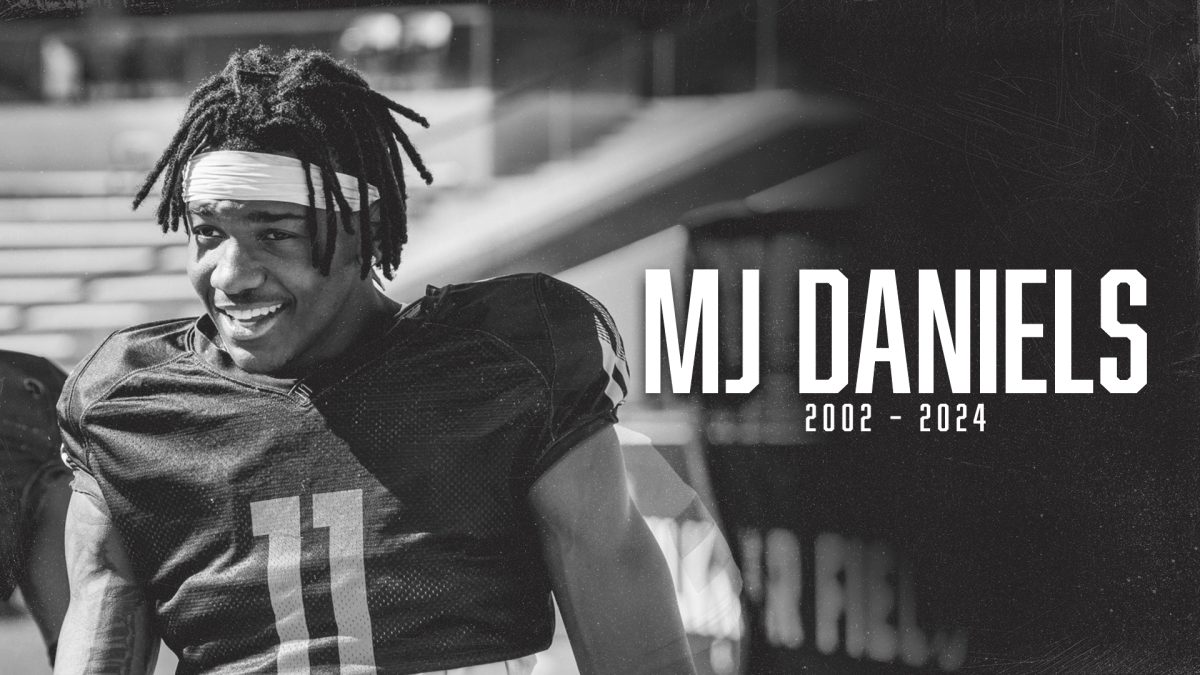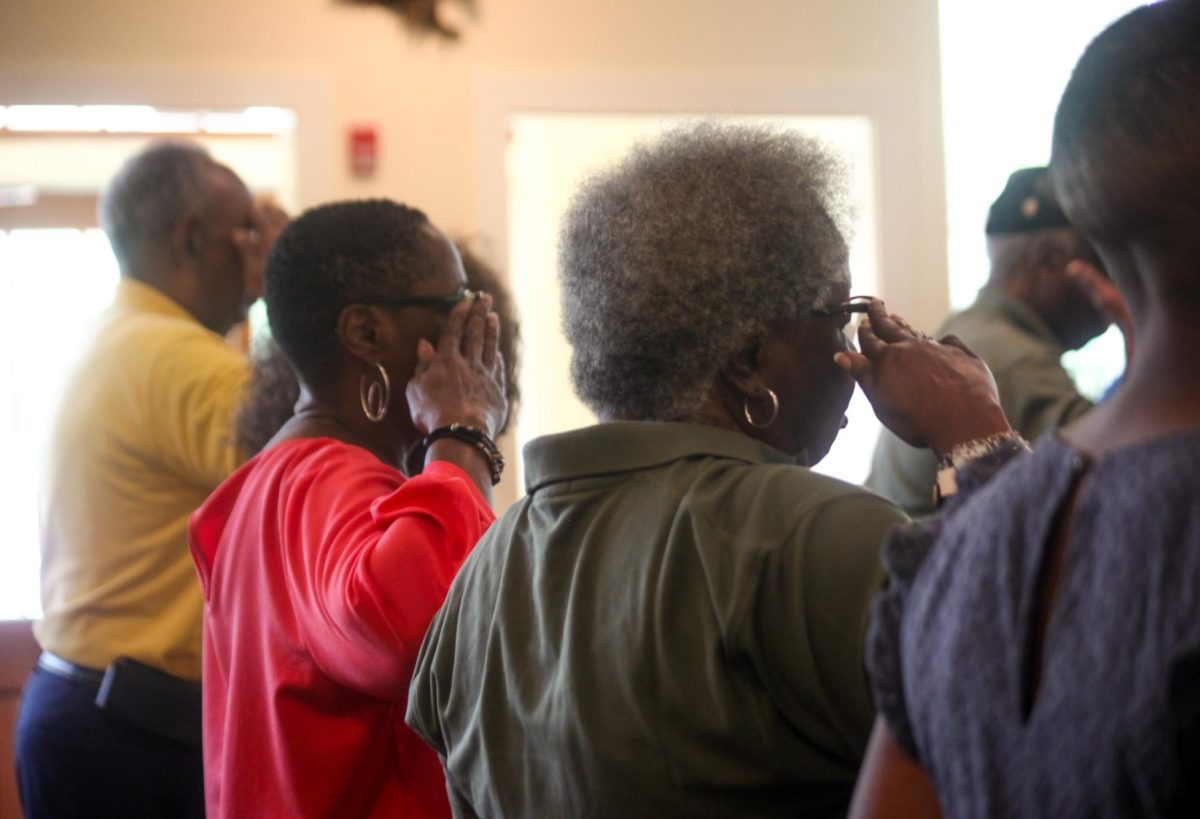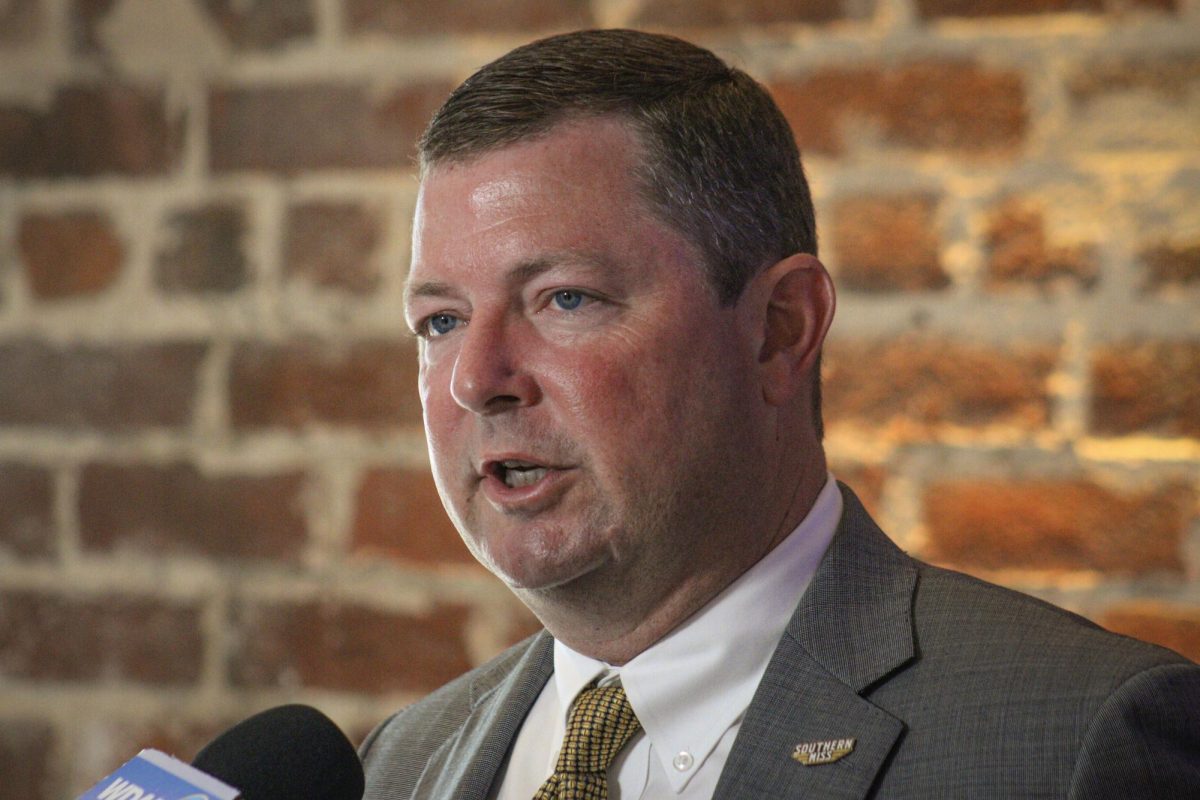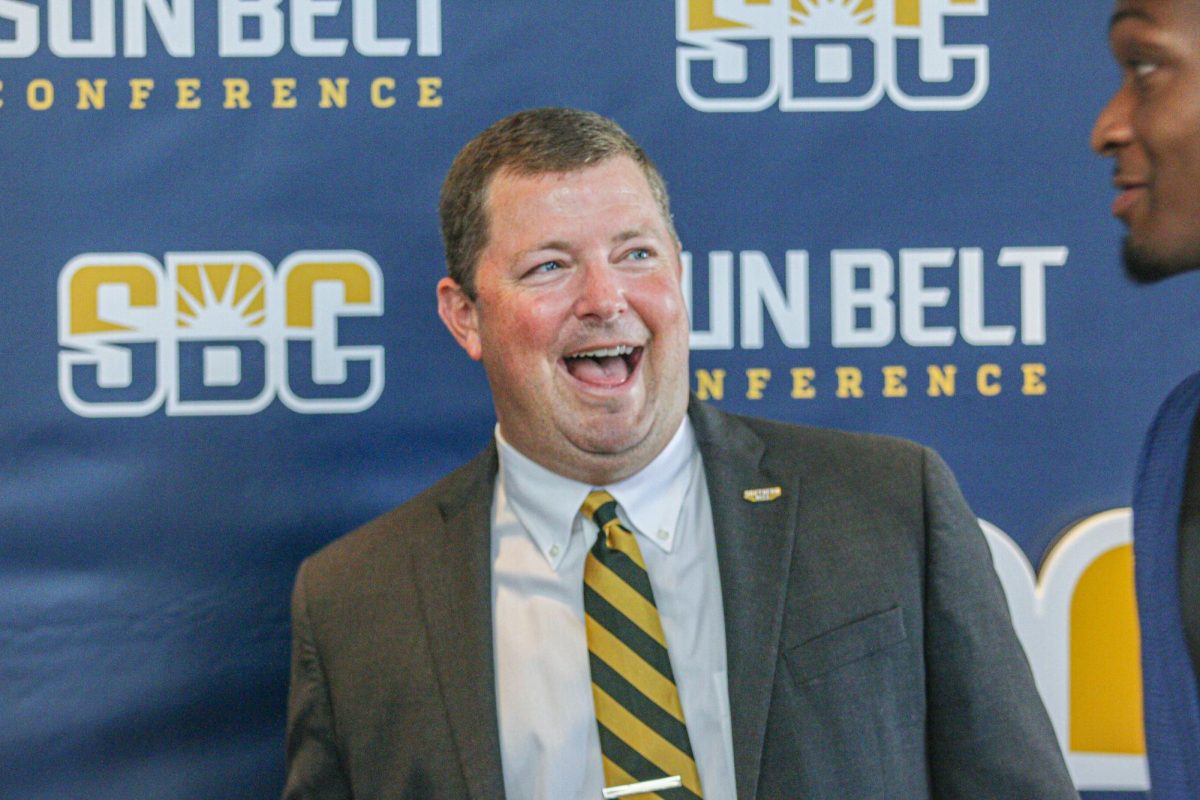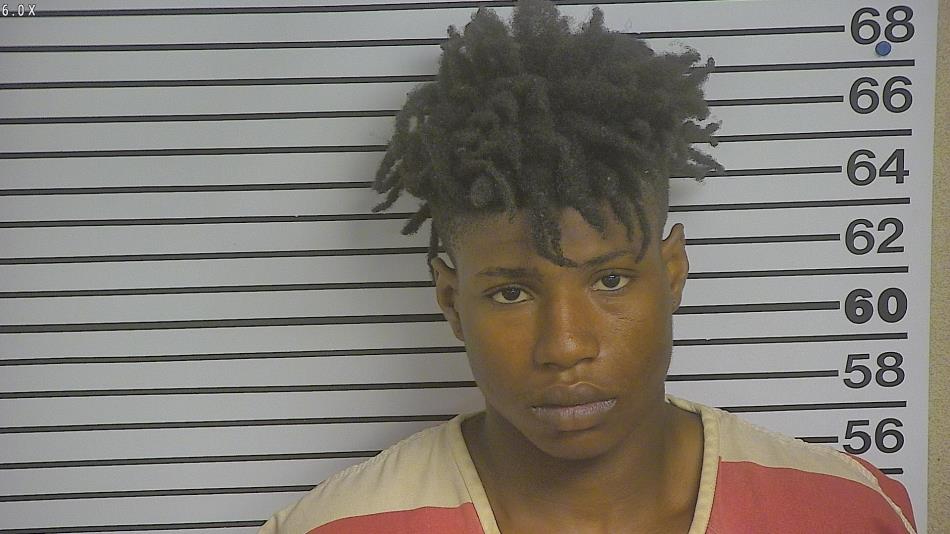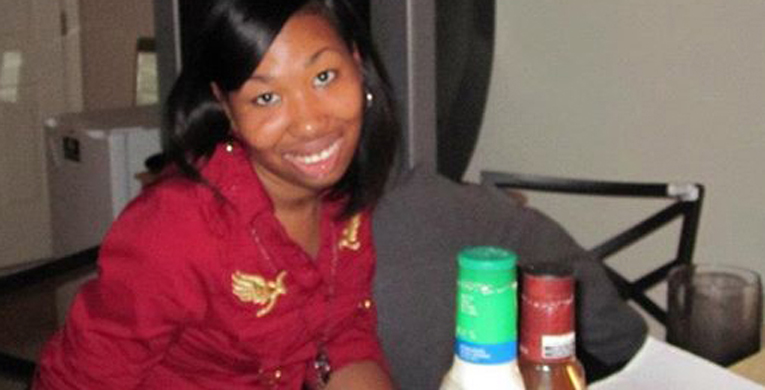
You see them everywhere in your classes and throughout our campus. They are the students with obvious differences in physical appearance that are just trying to lead a normal life but in fact lead anything but.
There is a certain way others who are outside the bubble have come to regard those who have disabilities.
People without disabilities tend to take very superior roles in dealing with a disabled individual when they should simply regard a person with a disability as a person with feelings.
Any disability is an unfortunate part of a person, the words “part of” being operative.
A person’s disability should not elicit negative treatment from others.
Sarah Hart, a sophomore speech pathology major, was born with Spina Bifida. She uses a wheelchair and receives assistance with daily activities from a personal care attendant.
Non-disabled individuals sometimes diminish her ability and stare at her, which she admitted bugs her.
I completely understand that a non-disabled individual may be uncomfortable in the presence of a disabled individual. They fail to realize that their disabled counterparts are, at their core, the same as others.
“People with disabilities aren’t different from other people. They may need to do things a different way or something like that, [but] they’re still people,” said Mytchi McKenzie, a senior social work major. “It’s better if people ask to learn what they don’t know about because it’s better to ask than to just not know. Assuming to know something about one person is no substitute for actually getting to know them and this is no different for those with disabilities.”
The clinical term for McKenzie’s disability is Retinitis Pigmentosa. She was born legally blind with vision only in her right eye minus peripheral vision. She completely lost her sight in 2009 during her freshman year of college, two weeks prior to finals. She has a guide dog named Maya.
McKenzie admits frustration over the notion that seeing individuals would rather talk to another seeing individual as opposed to her and completely bypass her. She even senses others staring at her sometimes.
McKenzie completely accepts her disability and leaves the floor open to educate anyone about it.
“I am of the opinion that even if it gets uncomfortable with people staring at me at least they are learning something.”
Audrey Bennet is a senior speech pathology major who was diagnosed with cerebral palsy when she was one year old.
Bennet uses both a walker and a wheelchair in addition to assistance from her personal care attendant.
She endures the occasional stare as well as others underestimating her on the basis of her condition.
When asked what she would say to others in regard to being treated differently, Bennet said, “Don’t judge a book by its cover. Don’t just look at it. Open [it] and read it. You might actually like it.”
So, which book will you be reading today?


